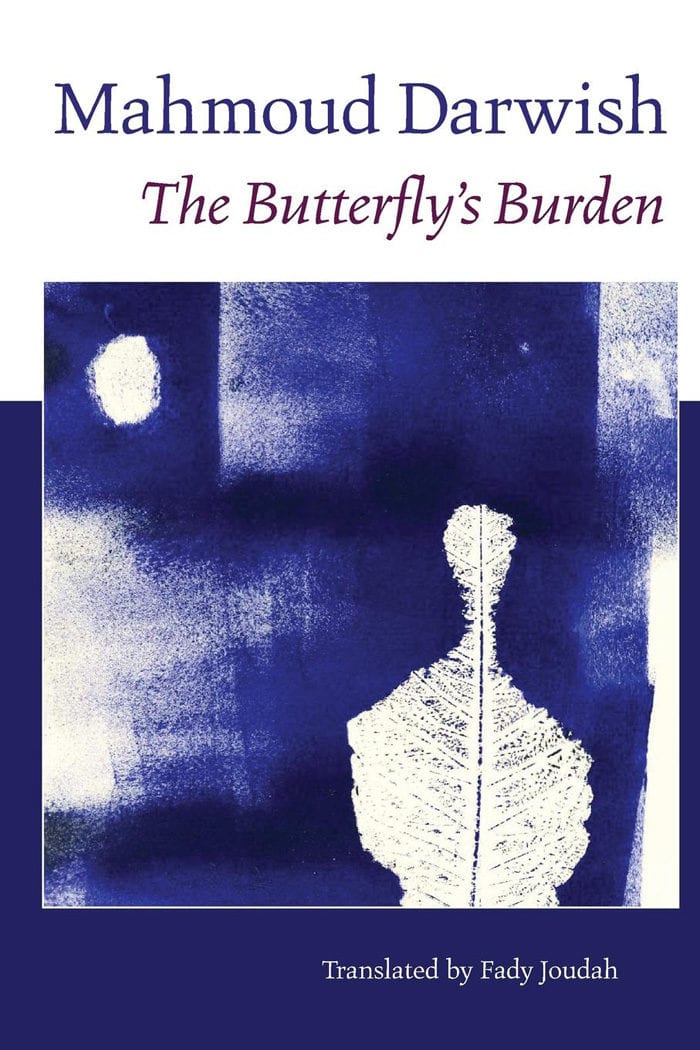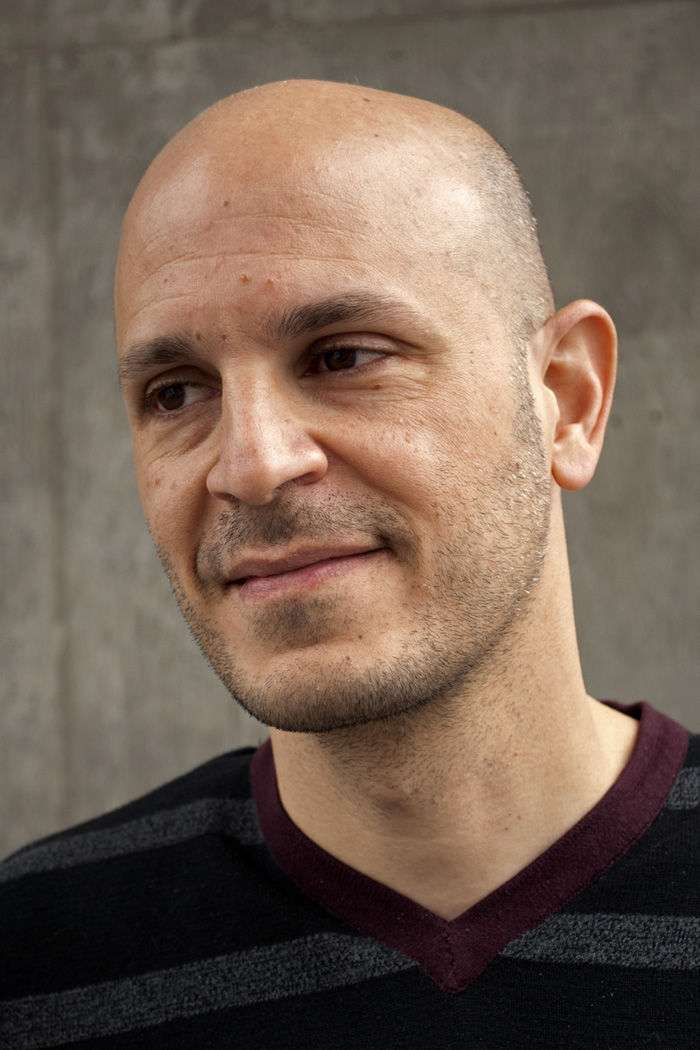
Mahmoud Darwish was the most acclaimed poet in the Arab world. The Butterfly’s Burden presents three recent books in a single volume, each translated into English for the first time and presented side by side with the Arabic: The Stranger’s Bed (1998), Darwish’s first collection of love poems; State of Siege (2002), a terse, politically charged sequence written in Ramallah; and Don’t Apologize for What You’ve Done (2003), a song “green like the phoenix” after the daily horrors in Ramallah. These poems provide continual contrasts, balancing old literary traditions with new, highlighting lyrical, loving reflections alongside a bitter longing for the Palestine that was lost when Israel was created. Although each work stands alone as a dialogue within and among its poems, one can see the larger conversation Darwish conducts with language, and with self, from one book to another.
ISBN: 9781556592416
Format: Paperback
Reviews
“‘It is tempting to describe Mahmoud Darwish’s writing life through geography and history,’ opens the translator’s preface to this remarkable book, which assembles the first three volumes Darwish published on his return to Ramallah after a 26-year exile. Yet to do so, as The Butterfly’s Burden demonstrates over its 300-odd pages, would be to give an incomplete account of a world-class poet. This most public of Palestinians is the master not of reductive polemic but of a profoundly lyric imagination, one that draws together the textures of daily life, physical beauty—whether of landscape or of women—longing, myth and history. Using poetry complex with personal experience, he has recreated an entire society’s sensibility.” —The Guardian
“… the simultaneous coexistence of contraries, such as one finds in Sufism, is never far away. And in Darwish’s best lines, realism and symbolism come together in intricate ways… Darwish elevates his own and his fellow Palestinians’ exoduses to mythical dimensions.” —The Antioch Review
“Darwish’s poetry weaves across time with ease and a modern sensibility… The elusiveness of sustained peace is reflected in Darwish’s language play; his metaphorical leaps and fast-paced tone shifts give the reader continually changing pictures and undiscovered angles of perception.” —Studio
“Copper Canyon sets a standard for presses; and … vast these poems certainly are. Though grounded in the personal, the poems always open out onto something larger than the self.” —New Letters

